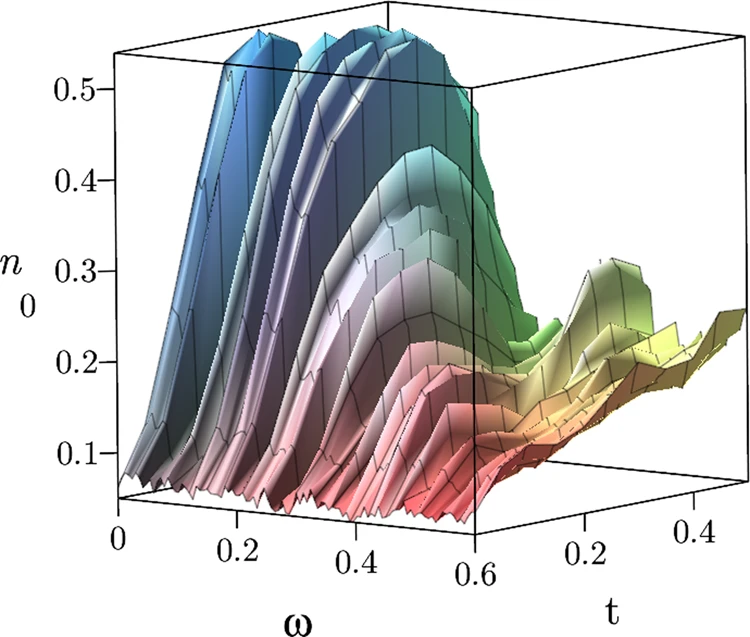A group of scientists from the University of Chicago and Purdue University collaborated on a new technique for mitigating noise in quantum computers: Instead of directly trying to measure the noise, they instead construct a unique “fingerprint” of the noise on a quantum computer as it is seen by a program run on the computer.
To date, scientists have tried to understand the effect of noise by directly measuring the noise in each qubit. But cataloging such discrete changes is difficult, and, the group thought, perhaps not always the most efficient route.
Instead of trying to precisely measure the actual noise, the scientists decided to run a test to get a sense of the overall noise that quantum computers experience.
They picked a particular computation of a molecule displaying quantum behavior, and ran it as a simulation on a quantum computer. Then they tweaked the settings on the problem in several different directions, and kept track of how the noise responded. (Phys.org)
The paper has been published in Communications Physics.


